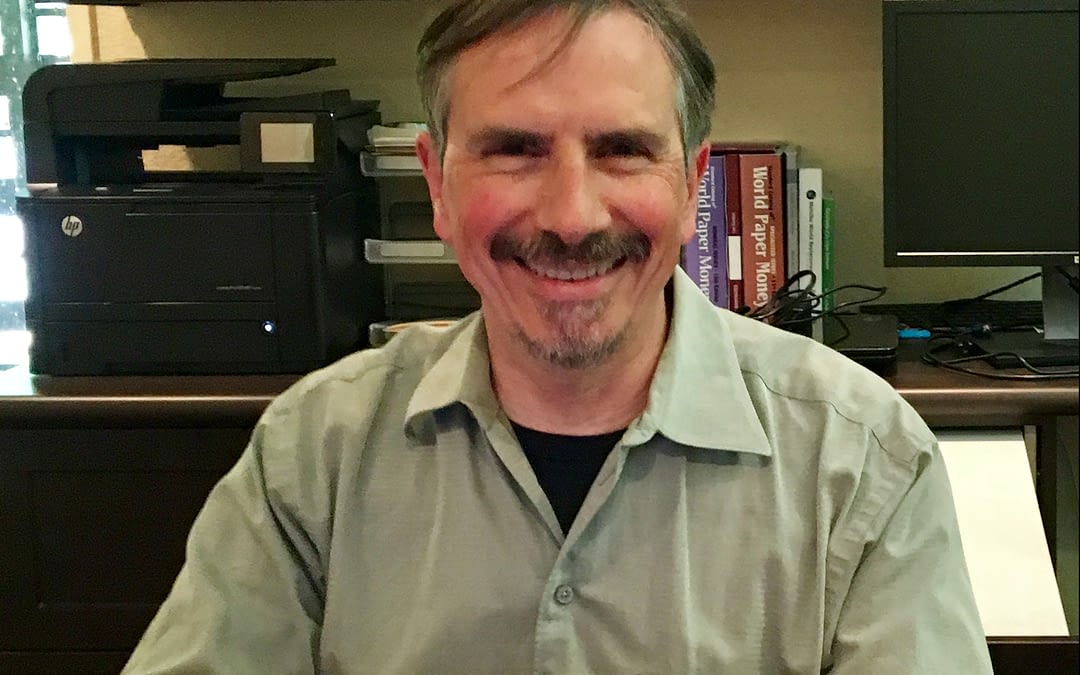Podcast 60, How could psychotherapy possibly help someone if their depression results from a chemical imbalance in the brain?
In today’s podcast, David and Fabrice return to their original goal of documenting David’s list of “50 Ways to Untwists Your Thinking.” These are the methods David has learned, created, or refined to combat the negative thoughts that trigger depression, anxiety, and anger, as well as the positive thoughts that trigger habits and addictions. Today, they focus on one of the more obscure methods called “Self-Monitoring.”
David describes how “Self-Monitoring” works. He thinks of it as “Meditation in Daily Life.” The whole idea is to note a negative thought that suddenly pops into your mind, and then to track it, or count it, with some type of counting device, like the wrist counters golfers wear to keep track of their scores. Then you can simply let go of the thought and continue with what you were doing, instead of dwelling on the thought and getting distracted and upset.
David explains that most of the time Self-Monitoring is not very effective, but occasionally it can be extremely helpful or even life changing. He describes an eye doctor who was incapacitated with severe OCD who recovered completely after just four weeks of Self-Monitoring in combination with Response Prevention.
David also describes how this technique, along with the Daily Mood Log, was curative for a retired carpenter with severe depression following a stroke. The type of stroke is called “Pseudo Bulbar Palsy,” and the symptoms include uncontrollable sobbing or laughing after the slightest sad or funny event or comment. In this case, the man’s depression was the clear result of brain damage.
This case was particularly interesting because the therapist for the carpenter was one of David’s students, a clinical psychologist who had raised the question, “How could cognitive therapy possibly help someone if his or her depression is caused by a chemical imbalance in the brain?” Since she knew the carpenter’s depression was caused by thousands of microscopic hemorrhages in the deep structures of his brain, she did not see how any kind of psychotherapy could possibly help.
What do you think about this. Listen to this podcast, and you’ll discover the surprising answer!
At the end, David and Fabrice discuss the critical importance of quantitative feedback, for therapists and patients alike, as well as the role of “feedback loops” in our daily lives.
If you would like us to schedule a podcast on any of the “50 Ways to Untwist Your Thinking,” please send us a comment below or email us and we will schedule a podcast on it if we have not yet done that!


